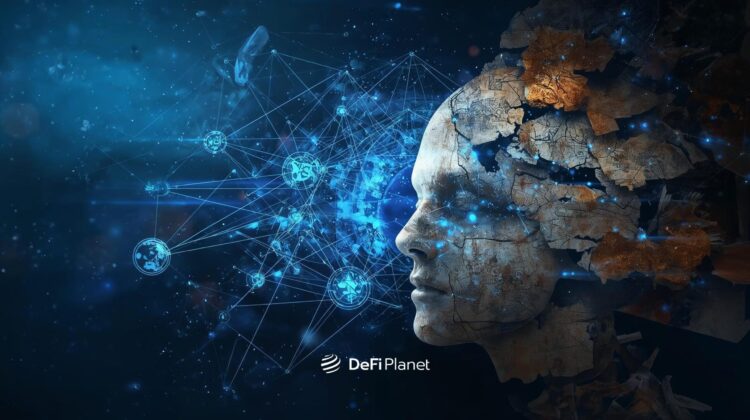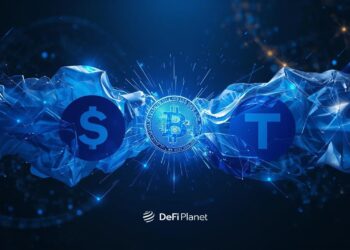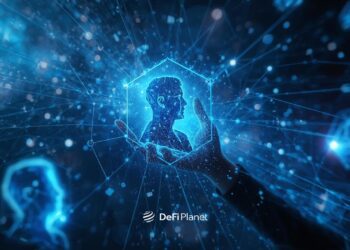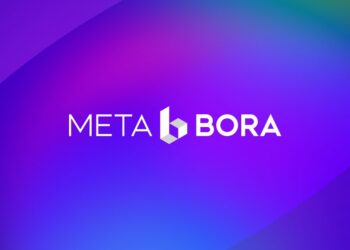Once, in a small room in a tiny apartment, my cousin told me something I never forgot. He said, “We trust too easily in this country. We trust that power will come back. We trust the ATM will work. We trust politicians who don’t know our names.” I laughed then, but I think of his words now as I write about a world that seeks to build trustless systems.
In the crypto world, to be trustless is a virtue, it does not mean the absence of trust, but the absence of the need for it. It is the promise that you can rely on code, on algorithms, on systems that do not lie or forget, and this is a strange thing: that technology, cold and impersonal, is somehow more trustworthy than human beings.
This dialogue between crypto philosophy and traditional human values is more than technical, it is a reckoning. A conversation. A redefinition of belief systems. The ancient Greeks debated what it meant to be just. Today, developers write smart contracts that enforce justice without emotion, without partiality. This is the world we are building; a world where philosophy sits inside lines of code.
Trust and Its Fragmentation
Philosophers have long asked: Who should we trust? And on what grounds? Our parents, our teachers, our leaders? But what happens when those people fail us? When banks collapse, when governments censor, when institutions betray?
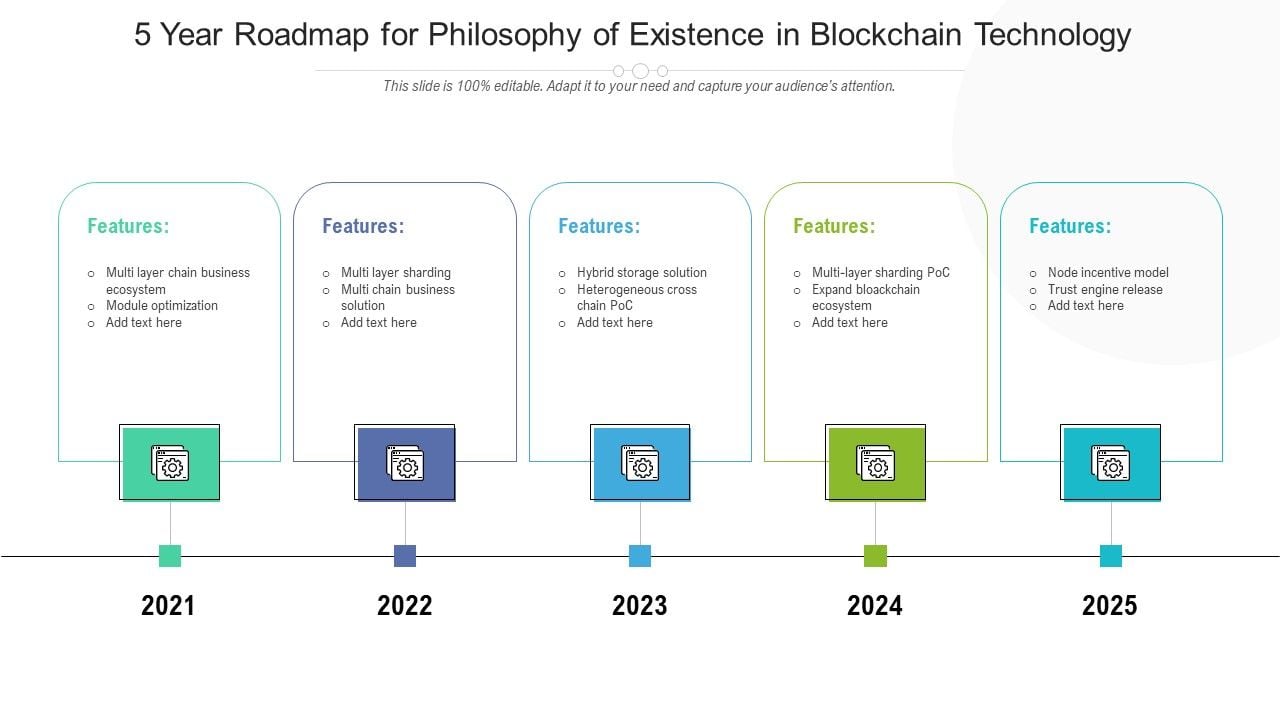
Blockchain emerged as an answer to this failure of trust. Blockchain trust is not about believing in a person or an institution. It is about believing in mathematics, in consensus. In distributed ledgers that no single actor can control and it is about replacing the fragile architecture of belief with something unbreakable.
There is something both beautiful and tragic in this. Beautiful, because it means people can transact, cooperate, and build without the fear of being cheated. Tragic, because it admits that trust in the human sense has grown so weak that we need machines to save us from each other.
The Ethics of Smart Contracts
A smart contract is a promise written in code. “If this, then that.” It does not feel, neither does it forgive. It cannot be bribed, and yet it can enforce fairness in a way no judge ever could; but can a smart contract be ethical?
Ethics requires context, it asks why; it considers mercy. A smart contract cannot tell if a farmer in Uganda missed a payment because of a drought. It only knows that the deadline passed. In this, the ethics of smart contracts collide with the softness of humanity. We must ask ourselves: Is perfect fairness always fair? Is absolute justice always just?
Crypto idealists will say yes. That rules should be rules, without exception, but this, too, is a philosophical stance. One inherited from Enlightenment rationalism. From the belief that reason, above all, should guide human affairs. But I remember my aunties in Enugu who lend money with a nod and a story…who know when to wait and when to demand. There is wisdom in that, too.

Belief in the Age of Code
Religion, culture, and community have long shaped our sense of right and wrong. These Web3 belief systems are now emerging in the shape of DAOs (Decentralized Autonomous Organizations), where code governs communities. Some of these DAOs have constitutions, mission statements, and values. Others let tokens decide everything. In Web3, belief becomes programmable and governance becomes a math problem. But what are we losing when we reduce human intuition to a voting algorithm?
And yet, I do not reject it. I am fascinated; because I see in this a new kind of storytelling. A new myth-making. Communities coming together to decide what is just, what is valuable, what is true, not through elders or priests, but through GitHub proposals. This is not the end of philosophy. It is its evolution.
The Philosophical Blockchain
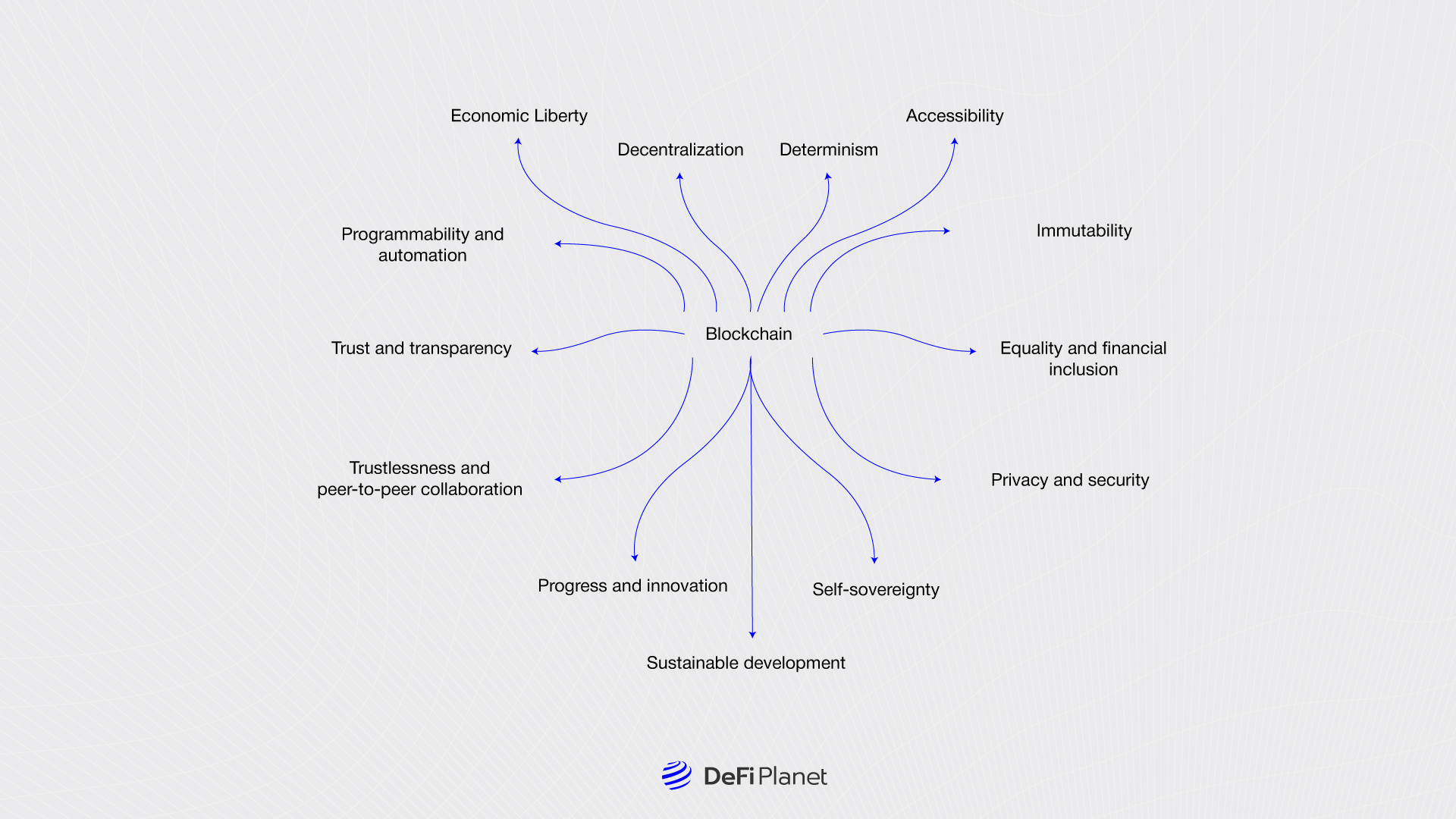
The philosophical blockchain is one where every block is a question. Every transaction, a declaration of belief. If I send you Bitcoin, I am saying: I believe in a world where value is not controlled by banks. If I mint an NFT, I am saying: I believe in the ownership of digital identity. If I join a DAO, I am saying: I believe that community can be borderless. Each of these actions is encoded with meaning…with values….with worldview. The blockchain is a ledger, yes, but it is also a diary of our collective philosophical evolution.
I imagine Socrates, reborn as a Solidity developer, asking his students not “What is virtue?” but “What should our protocol optimize for?” And perhaps Plato would write his Republic not as a dialogue but as a DAO constitution.
Between Cynicism and Hope
There is, in crypto, a deep tension between cynicism and hope. The cynics say: “We cannot trust people. We must build systems where trust is unnecessary.” The hopeful say: “We can build better people by building better systems.”
Both are true, and the blockchain is born from disappointment. From 2008. From banks that gambled with our futures. From middlemen who took too much. But it is also born from imagination. From the dream of an open internet…of global finance for the unbanked…of coordination without coercion. It is, in a way, a love letter to what humanity could be, if we dared to reimagine trust.
On-Chain Memory and the Ethics of Permanence
Blockchains remember everything. Every transaction, every message, every mistake; etched into the ledger like digital stone. This on-chain memory is both a technological strength and a philosophical riddle. In a world where data is forever, who decides what deserves eternal life? Immutability, the blockchain’s proudest feature, becomes complex when weighed against human fallibility. A typo in a smart contract, a regrettable NFT, a moment of vulnerability made public, these can’t be erased. There’s no “backspace” in a trustless system. And while permanence ensures accountability, it also denies us something deeply human: the right to forget, to outgrow, to forgive.
We are building systems that mirror our ideals, but permanence without compassion risks turning truth into punishment. In our pursuit of transparency, we must ask: Should all truths last forever? Or do we, at times, need digital amnesia to honor our capacity for change, healing, and redemption?
Final Reflections
We are not just building software. We are building a new social contract. One where blockchain trust replaces blind faith. Where crypto philosophy guides governance. Where smart contracts ethics remind us that fairness and justice are not always the same. As we create this world, we must write not only in code but in story. We must remember that behind every token is a person. That Web3 belief systems are only as strong as the humans who hold them. And perhaps, in the quiet lines between blocks and hashes, we will rediscover something deeply human: the desire to be seen, to be trusted, and to trust in return.
In that, blockchain is not the end of trust, but its most radical new beginning.
Disclaimer: This article is intended solely for informational purposes and should not be considered trading or investment advice. Nothing herein should be construed as financial, legal, or tax advice. Trading or investing in cryptocurrencies carries a considerable risk of financial loss. Always conduct due diligence.
If you want to read more market analyses like this one, visit DeFi Planet and follow us on Twitter, LinkedIn, Facebook, Instagram, and CoinMarketCap Community.
Take control of your crypto portfolio with MARKETS PRO, DeFi Planet’s suite of analytics tools.”

